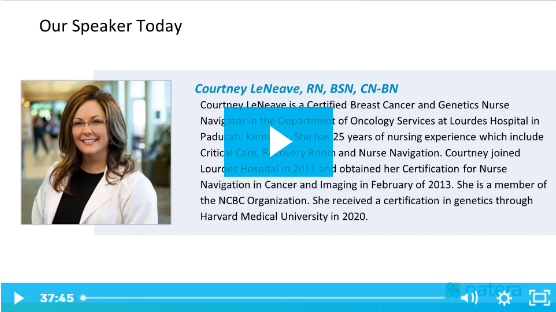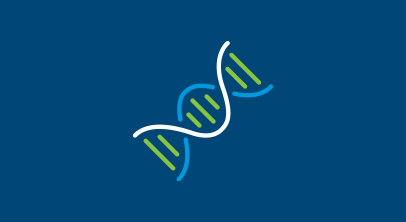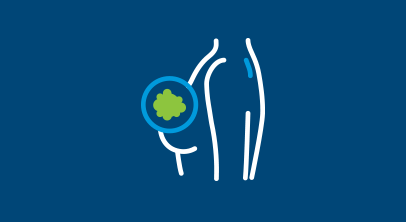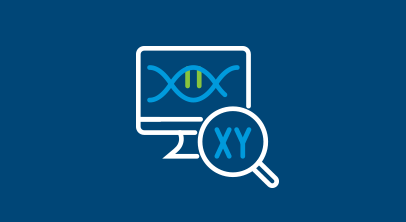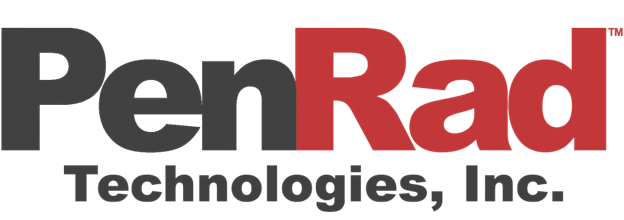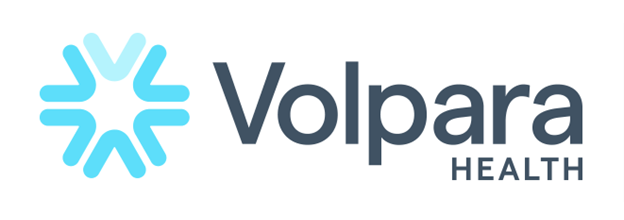Breast cancer risk affects families differently
Bring a different level of care to high risk women
- Genetic testing is the only tool to identify increased cancer risk beyond family history.
- Risk assessments based on family history alone miss identifying high risk patients based on genetic mutations, some of which could increase lifetime breast cancer risk up to 60%.
- Natera’s provider platform makes it simple to evaluate, educate, test and manage each patient’s personal breast cancer risk assessment.
- You have the power to change patient stories. Knowledge is Empower.
Introduction to Genetics: Women’s Imaging & Breast Care Centers
Learning objectives:
- Discuss how genetic testing improves patient care and care management access for those at increased risk for breast cancer
- Review the basics of breast cancer genetics and hereditary cancer inheritance patterns
- Discuss ways to efficiently identify patients at increased risk for breast cancer and how to order testing
- Understand how genetic testing can enhance and compliment image based risk assessments
- Review patient case studies and prepare to address common patient questions including cost and coverage
Breast Cancer Detected by Mammography is Too Late – Know More Sooner
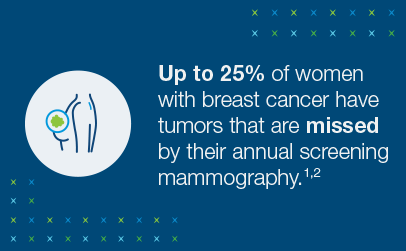
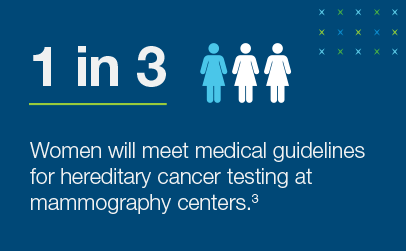
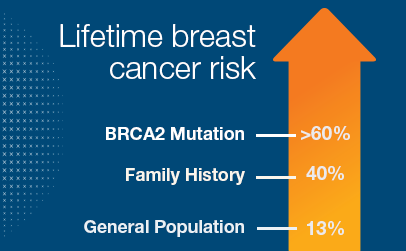
Hereditary cancer screening & testing in practice: Clinician perspectives
“The PenRad Natera integration has significantly improved our patient identification process for genetic testing. Previously, we did not have an easy way to identify who should be having genetic testing. During an appointment, if the patient meets criteria, the PenRad Natera software alerts the technician, and the tech can have a conversation directly with the patient in the room and offer testing day of… Natera is willing to tailor to your needs and practice. The goal and bottom line is to get that patient tested.”
Melissa Ramos
RT, CN-BI, Breast Navigator & Imaging Supervisor, Shannon Imaging Center, San Angelo, TX
Genetic testing is the only tool to identify women who have increased cancer risk beyond family history
“Identifying patients at increased risk of developing breast and other cancers due to a family history of breast and other cancers or a known hereditary cancer syndrome can have dramatic effects on early detection and cancer outcomes. For this reason, cancer risk assessment and genetic counseling has become the standard of care for patients with a personal and/or family history of breast cancer.”
It matters to patients
Amy Vollendorf
BRCA1 Mutation Carrier, Breast Cancer Survivor
High-quality, personalized breast care doesn't have to be complicated
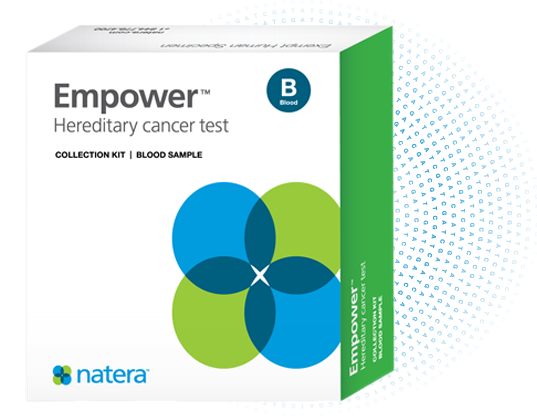
Elevate Your Practice with EmpowerTM
- Empower screens for genes associated with increased risk for common hereditary cancers. Our Empower multi-cancer panels include commonly screened-for genes associated with 12+ types of cancer.
- Empower helps families understand their risk of developing cancer and informs both screening and treatment options.
Partners
Natera is a proud partner of PenRad Technologies and Volpara Health. Together, these mammography reporting systems are used with >50% of women who attend breast screenings each year in the United States. Click below to learn how to add a genetics module to your existing workflow.
Integrated workflows to simplify breast cancer risk assessment for every patient

Evaluate
Natera provides clinician resources like paper and digital screening tools, including Natera’s Education Virtual Assistant to collect a complete personal and family history intake.
Educate
Connect your patients with board-certified genetic counselors to help them understand what to expect during genetic testing or to review results.

Test
Select curated gene panels on our test request form or order genetic testing within your mammography software system, including PenRadTM or Volpara Health Risk PathwaysTM.

Manage
Empower results offer a single look at genetic findings, Tyrer-Cuzick score, and mammogram results, for a complete view of breast cancer risk.
Do you want to identify more women at risk for hereditary cancer?
We can help you get started
1Houssami N, Hunter K. The epidemiology, radiology and biological characteristics of interval breast cancers in population mammography screening. NPJ Breast Cancer. 2017 Apr 13;3:12. doi: 10.1038/s41523-017-0014-x. PMID: 28649652; PMCID: PMC5460204.
2Irvin VL, Zhang Z, Simon MS, et al. Comparison of Mortality Among Participants of Women’s Health Initiative Trials With Screening-Detected Breast Cancers vs Interval Breast Cancers. JAMA Netw Open. 2020;3(6):e207227. doi:10.1001/jamanetworkopen.2020.7227
3Loving et al. A Breast Radiology Department-operated, Proactive Same-day Program Identifies Pathogenic Breast Cancer Mutations in Unaffected Women. Academic Radiology. https://doi.org/10.1016/j.acra.2020.12.005

